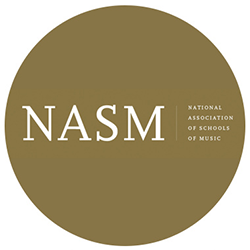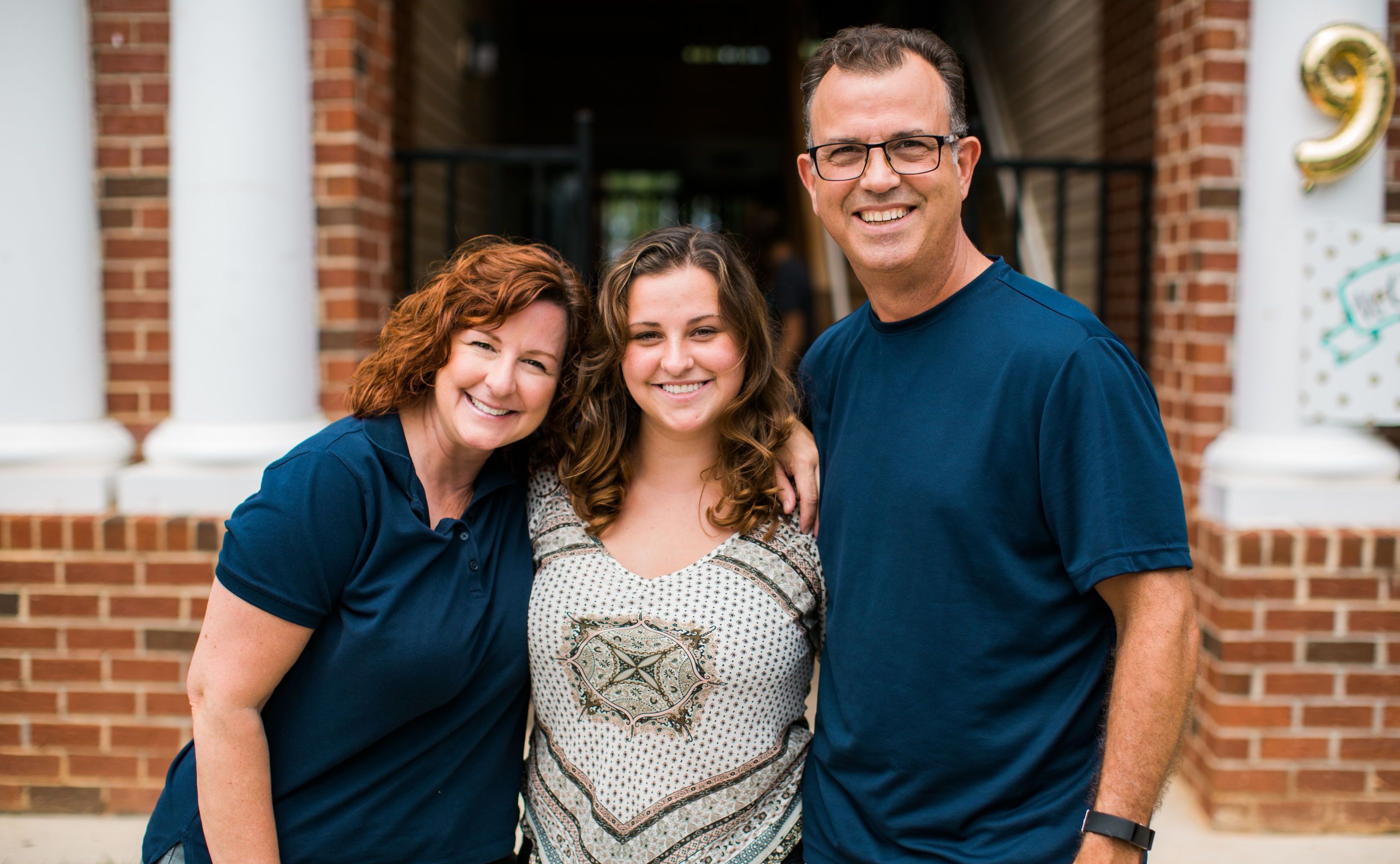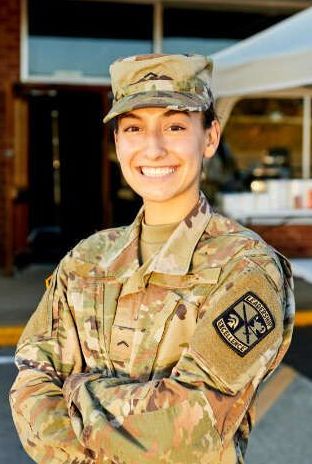Bachelor of Science Music in World Cultures
Impact the World for Christ with a Bachelor of Science in Music in World Cultures
If you have a passion for music and engaging with people of other cultures, Liberty University’s Bachelor of Science (B.S.) in Music in World Cultures may be for you! This degree is designed to offer you maximum flexibility by providing room for elective courses in addition to foundational studies – allowing you to customize your degree to match your unique interests and career goals. Throughout our music in world cultures program, you can study principles of ethnomusicology that are directly applicable to careers in worship training, mission work, global scholarship, and more.
Whether you want to serve in ministry, teach music in other countries, or enrich your career as a musician, our bachelor’s degree in music in world cultures can prepare you to impact the world for Christ.
Pursue Your Degree with Confidence
- Liberty is accredited by SACSCOC, the Southern Association of Colleges and Schools Commission on Colleges.
- Our bachelor’s degree in music in world cultures is accredited by NASM, the National Association of Schools of Music.
- We are dedicated to producing graduates of distinction. Our graduates have found careers as Christian singers and songwriters, as worship leaders at Harvest Bible Chapel, as conductors leading choir festivals throughout Southeast Asia, and as musicians playing for stars like Carrie Underwood.
- Our LU Praise choir has produced a Dove Award-nominated album.
What Will You Study?
- Congregational worship practices in the evangelical traditions
- Methods for carrying out intercultural communication and engaging with people across cultural boundaries
- Non-Western music theory and aspects of ethnic music cultures
- The cultural traditions, belief systems, and practices of various world cultures as they relate to music
Potential Careers for Graduates of Our Bachelor’s Degree in Music in World Cultures
- Cross-cultural worship leader, trainer, or facilitator
- Festival organizer for local arts
- Missionary (specializing in arts contextualization)
- Music researcher or journalist
- Music teacher in other countries
- Performer or recording artist
- Preservation and oral history specialist
- Vernacular media specialist
- World arts and cultural exchange facilitator
Internships and Resources Available to Students in Our World Cultures Music Program
- The Liberty University School of Music has strategic partnerships with leaders in the industry, such as Michael W. Smith. Each semester, the School of Music hosts industry professionals who share their expertise with current students and provide practical, hands-on experience for those pursuing their bachelor’s in music.
- Our music faculty have years of professional experience and degrees from prestigious music schools.
- You will have access to state-of-the-art classrooms as well as rehearsal, recording, and performance facilities while pursuing your bachelor’s in music in world cultures.
- You’ll have the opportunity to participate in our School of Music ensembles, which range from folk and bluegrass to a cappella and Latino styles of music.
- This program includes an internship that can help you gain marketable, real-world experience.
Admission Requirements for Our Undergraduate Degree Programs
Every application is reviewed by the admission committee on a case-by-case basis, meaning there are no set minimums for acceptance. However, all applicants must submit the following documents* for admission:
- Admission application
- Official high school transcripts
- Official college transcripts (if applicable)
- Results from the CLT, SAT, or ACT are not required for admission, but may be used in consideration for merit-based aid.
- Admission essay
*Note that additional documentation may be requested by the admission committee after your application has been received.
Tuition rates may change annually. For the most current information, please visit our LU Tuition Cost page.
Credit Hours

Available On Campus
Class Type
Residential
Transfer Credits
Transfer in up to 75% of the degree total
Next Start Date
Aug 24, 2026
Accreditation
NASM






